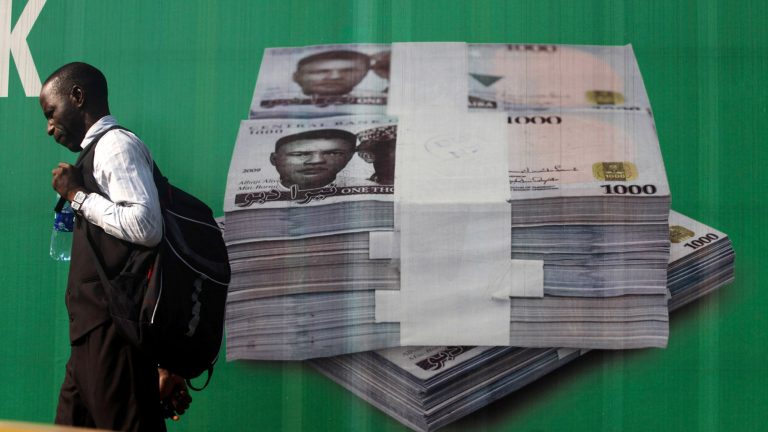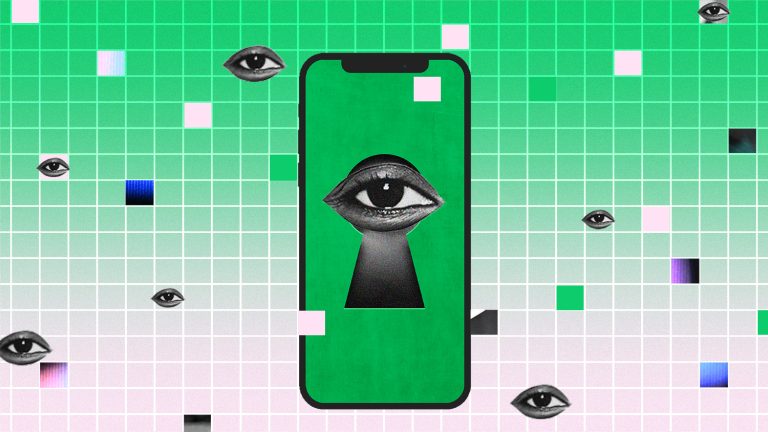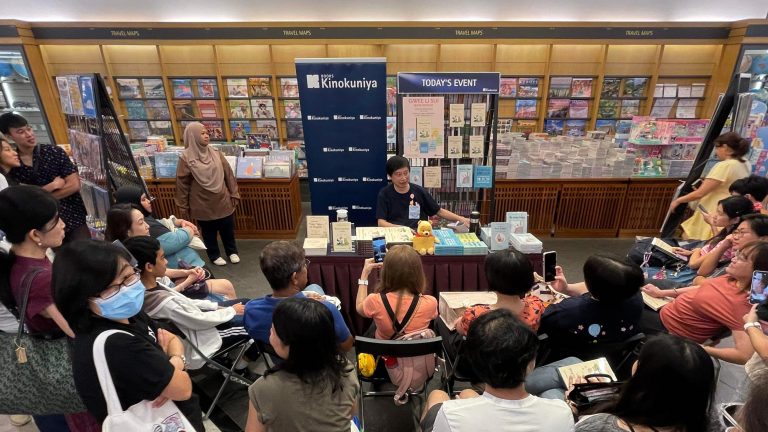From the Philippines to India to Kenya, there has been a rise in cases of “debt-shaming” by lending apps in recent years. Nigerians are now using Facebook groups to fight back against this kind of harassment — and some have even claimed to be able to defraud lenders.
In January 2022, Bayo, a primary school teacher in Lagos, joined a Facebook group called “Say No to Soko Loan,” after facing harassment from the staff of the microloan platform.
Bayo, who asked to use a pseudonym because he did not want his name linked with the group, had taken a loan of 25,000 naira ($54.29) from Soko Loan earlier that month. Four weeks later, as he struggled to meet the repayment deadline, Soko Loan sent messages to everyone on his contact list, telling them he was wanted for refusing to pay back the loan. Bayo joined the 5,800-member-strong Facebook group, hoping to learn some tricks that’d help him avoid repaying his loan.
Between February and March 2023, Rest of World tracked 11 such Facebook groups, with membership ranging from 200 to 46,000. In these groups, Nigerians discuss ways to avoid debt-shaming. One tactic, shared in detailed step-by-step guides, is configuring mobile devices to prevent loan companies from accessing the contact list. “If you borrow money from loan apps and you don’t want them to send unsolicited messages to your contacts, go to your phone’s permission settings after collecting the loan and disable the authority to view your contacts,” reads a post to the 45,000-plus members of the “Say No to Soko Loan, LCredit, etc” group. “With this, they can only disturb you and no other person. I am currently owing eight companies 740,000 naira [$1,606], and nothing will happen.”
“This battle between [lending companies] and Nigerians started when they offered instant loans with ridiculous interest rates, with absolutely no due diligence and collateral,” Mobolaji Oguntolu, legal officer at Aquarius Investment Company, told Rest of World. Now that the Nigerian government has passed laws banning unethical and illegal activities by lending apps, including accessing debtors’ contact lists, Oguntolu hopes the harassment by debt companies will come under control. But he believes these Facebook groups are treading a dangerous path.
“The Facebook groups are undergoing a different breed of criminalities as they have devised a means to be the shark to the loan sharks,” he said.
Alongside advice on avoiding debt-shaming, tips circulate on these groups about scamming loan apps. These include buying SIM cards in bulk and creating multiple fake identities to defraud loan companies. In one post, a member claimed he could get the debtor’s contact details deleted from the lending platform’s database for a small fee. “They are just retaliating,” said Bayo. “These loan apps are very bad, too, so it serves them right.”
Joseph Osezua, a loan collector at Soko Loan, told Rest of World the company is unaware of such groups. However, he said the groups would not need to exist if users honored repayment deadlines. “If people pay back at the right time and they don’t ignore [us] when we send them reminder messages, we will not defame [them],” he said. “We only do that when it is clear they are ignoring us. We are not wrong here.”

Olalekan Disu, a loan manager at Money Tree Loans, told Rest of World his company knew about the groups, but couldn’t do much about them. “We know about the fraud going on, and we know that they are very plenty, but there is not much we can do to protect ourselves,” he said. “So, we try not to be very bothered by it.”
Digital lending apps have become popular in Nigeria in recent years as most people cannot access the traditional banking system. Only about 2% of adults can access bank loans. More than 70% of the country’s unbanked population cannot open a bank account because they don’t have the required documents. The subsequent proliferation of the lending platforms has led to a rise in illegal and unethical ways to recover funds. Several such cases have been reported over the past few years.
In August 2021, Nigeria’s national tech policy agency sanctioned Soko Loan for privacy invasion. In March 2022, the consumer protection commission visited the offices of several digital lending companies, including Soko Loan and subsidiaries of Blue Ridge Microfinance, to investigate allegations of consumer rights violations. As a preventive measure, in August 2022, the government introduced a digital-lending regulatory framework, through which the consumer protection commission approved the operations of over 70 digital lenders in Nigeria. “Not all the online loan applications are illegal,” the commission’s executive vice president, Babatunde Irukera, told Punch newspaper at the time. “Some are completely illegitimate; some are legitimate but illegitimate in their approach to tracking debtors. We are against the illegitimate works.”
2% The percentage of adults in Nigeria that can access bank loans.
EFInA
In November 2022, Google introduced new guidelines with the goal of blocking loan apps from accessing users’ private data through its Play store in Nigeria and Kenya. Three months later, several committees within the Nigerian House of Representatives began investigating allegations of deceptive tactics and abuse by loan sharks in the country.
“I understand that loan companies carry out unfair processing of data, which breaches the first principle governing data-processing according to the NDPR [Nigeria Data Protection Regulation], because they also process the information of people who are not involved during loan acquisitions,” Michael Onwuzuruike, a data protection consultant at security compliance firm NetHost Nigeria, told Rest of World. “This might be a trigger for the group chats you mentioned, and I believe that this is an issue that must be addressed.”
But despite the legal ramifications, some members of the Facebook groups consider themselves the victims. Fatima, who asked to use a pseudonym for fear of being identified, belongs to a group called “Illegal/Fraudulent Loan App Victims,” which has over 4,500 members. She told Rest of World that she thought the group’s activities were a means for “victims” of lending companies to find solace. “If they didn’t defame us like that, and we had enough time to pay back our loans, we won’t have to be doing this,” she said.



